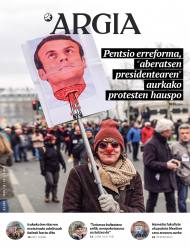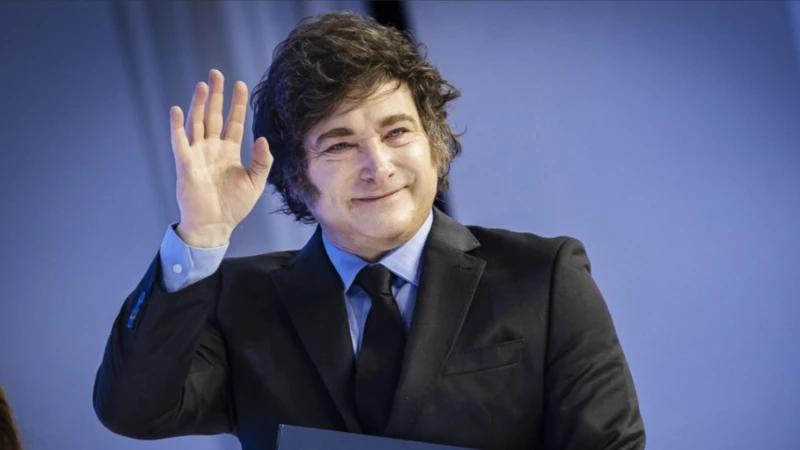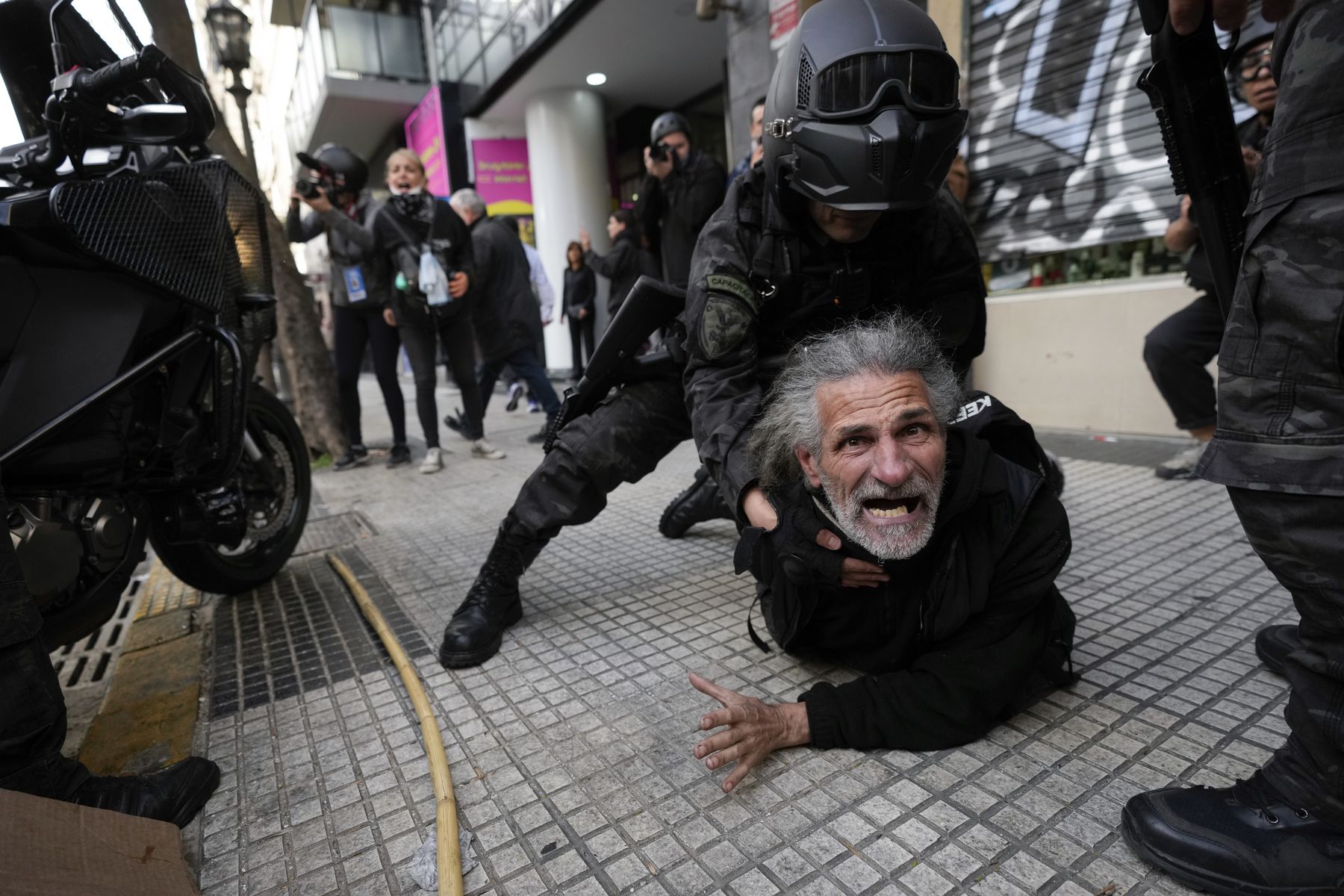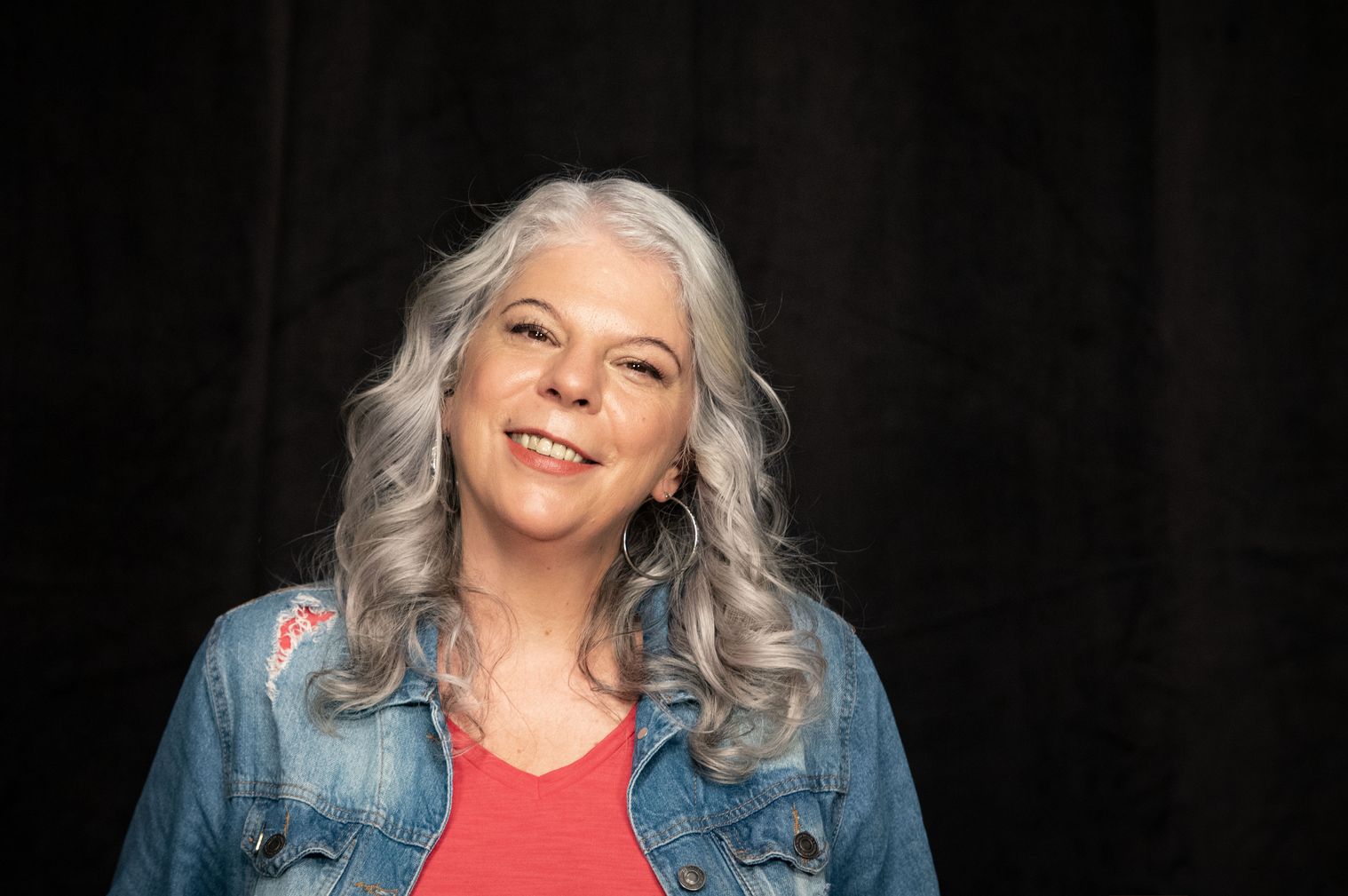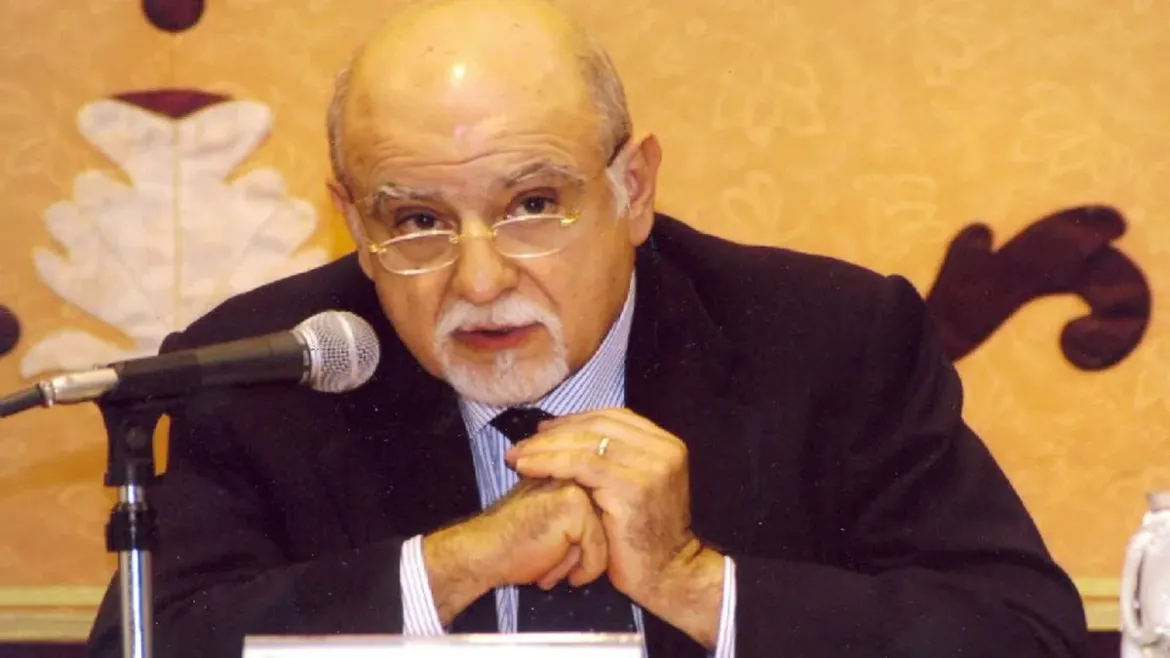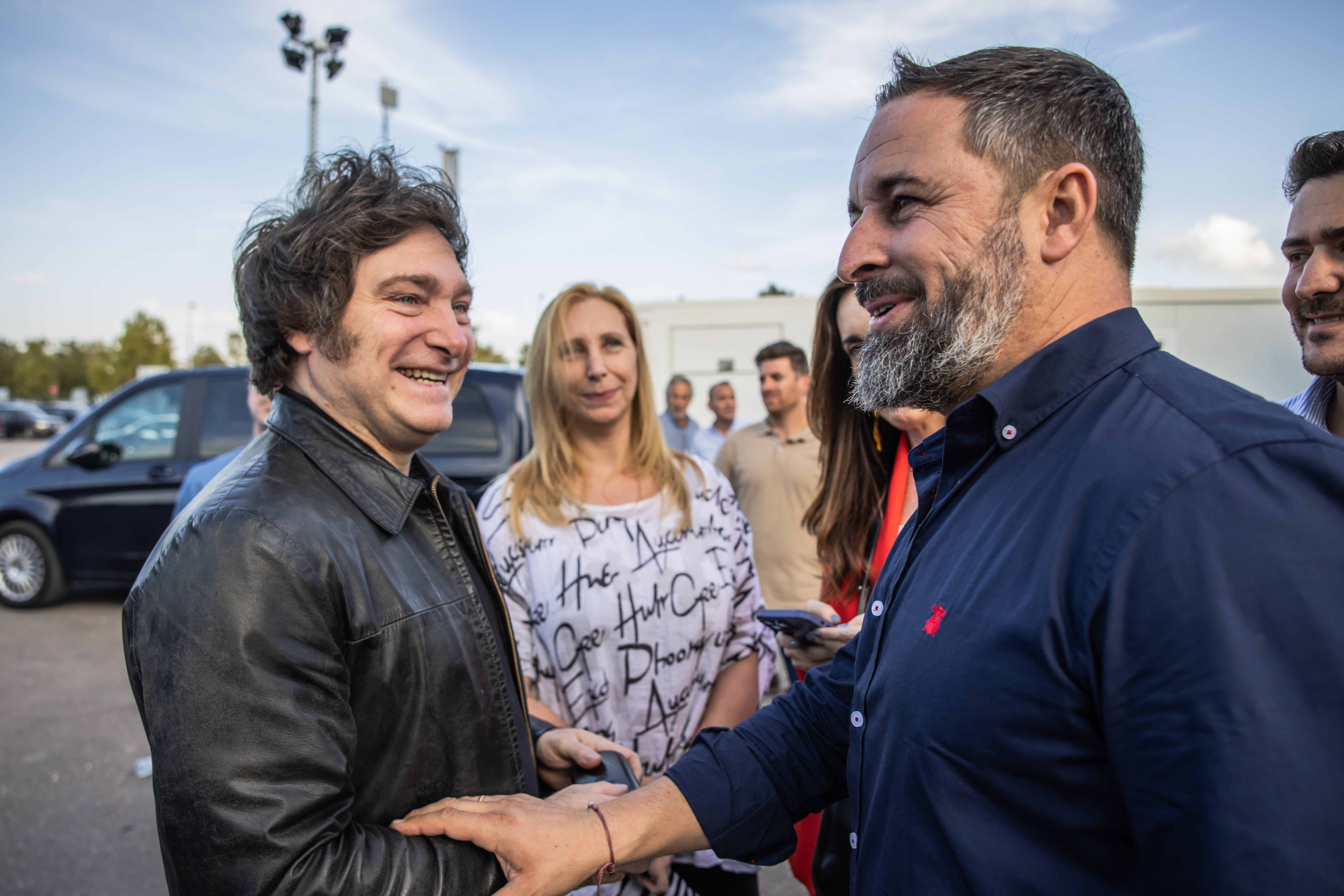"We were politicized, independent and armed women, like men."
- The Institute of Memory, Coexistence and Human Rights Gogora has organized in November the exhibition "being a woman in ESMA, retrospective testimonies". During the Argentine dictatorship of 1976-1983, the military converted the Army Mechanical School ESMA into a detention center and currently functions as a memory museum. Alejandra Naftal, director of the Museo Sitio de Memoria ESMA [Museo Lugar de la Memoria ESMA, Eusakaraz], survived Graciela García Romero.

From where to Bilbao?
The inauguration of the exhibition in Buenos Aires was warmly welcomed, mixed with water in different sectors. Prior to the exhibition, a great deal of work was done in search of consensus, as the issue arouses great debate. It was considered necessary to agree on what we had experienced, taking into account the gender perspective. I have come to Bilbao by the hand of Alejandra Naftal, to make known what I have lived.
They had kidnapped you. What was that place like?
I was kidnapped when the dictatorship had just been established, and few of the hostages survived. Most women raped us. They did not disguise the approach of destruction. They said it was a war of destruction to destroy us. From a moment on, their behavior changed. When our entity's financial apparatus fell, they discovered the manga of the robbery. In addition, the head of the army saw the possibility of acting in politics and, realizing the great political capacity of the prisoners, they changed the modus operandi. They set up offices for labor slavery. Of course, they continued to detain and torture, but in 1976 wives, wives and hood were no longer so common.
How long have you been kidnapped?
Two years, from 15 October 1976 to December 1978.
An eternity.
Absolutely. However, as one colleague says, it does not matter 24 hours, a week, a month or a year ... Having lived in the hands of these murderers always leaves you the mark.
.jpg)
Why tell it? How does that help?
The testimony has two senses. It's curable to me. We learned that therapy helps to banish what you have within the infernal terms. It helps you to take the place, to name the attack caused and to start with the stage of internal harmony. On the other hand, there would be a collective testimony. Here you have also experienced violence and, even if they were not the same, they have left marks, marks of the 1970s. He discovered a way to express to the generations then, which we can discuss today, but he received a repressive response. That's what I mean, "never again," and also the need for us to feel bored in terms of respect. The way we were kidnapped is medieval. We were buried in the center of the city, but nobody knew where we were. It's very cunning. On the eve of the first weekend, the watchman asked me if I wanted to have my hands on my back or tied to the stretcher. These are very violent things, and I think it is necessary to count them to show the brutality. The armed forces were given exclusive competence to decide who should live and who should not.
You were political activists and women.
Yes. On the one hand, we were a model woman who began to grow. Middle-class families. We expected to have college, weddings and children. But we started practicing free love, fleeing homes and living in communities. We broke with the model that was there. On the other hand, our militancy very quickly joined the armed experience. We were politicized, independent and armed women, like men. There are many theories about our violations, some say it was a way to send messages between men. I can admit that, but what motivated them was, above all, to discipline us, to put us in our place. Rape, in this sense, was a war strategy.
When did you realize you're a survivor?
She embraces [her torturer] once told me that all my colleagues would die, but that I would save myself. "Why me?" When he asked him, he said, "Because Jesus wants it." That gives him a terrible sense of guilt, and that guilt kept me silent for the first few years of my life. It was an indignity of victim, of self-pity. Primo Levi was very significant in understanding what the individual lives in the concentration camp. Thanks to him I said, "But what did they do to us! ". So I became a survivor, to believe that we have to convey the experience, because it gives us dignity.
In the Spanish State, it is increasingly common to publicly extol Franco. Has it become so socialized that what happened in Argentina does not happen again?
I am convinced that in my country this is not an outstanding subject. We are a country that does not have much confidence in justice, but the opening of trials was very important. Nobody wanted to hear that we had bound for months, that we were doing our duty, that we had been raped, that we had been thrown to the ground eating nothing or the rolls ... No one wants to hear that, but they know that. You know justice was done. Hearing "Acosta, the life sentence" was a nonsense.
for two years by the Argentine army in the ESMA (School of Army Mechanics). Despite being in the center of the city of Buenos Aires, no one knew where they were between 1976 and 1978. He was tortured and raped and later put to work as a slave. He has shared the experience of what he has experienced while having coffee with us in Gogora, the Institute of Memory, Coexistence and Human Rights. It is a brutal story, but without giving up the smile, which has said that it "has healed inside" and that, at the same time, it "gives me dignity".
On June 28 of this year, Casa in Flames (Etxea Sutan), a dramatic comedy directed by Dani de la Orden, premiered. I told him I thought I would see him a month before the festival, when I was talking to a friend, and he recommended it to me. Although we do not always agree, the... [+]
On 25 May, Fatherland Day was celebrated. Argentina. There they now have a president who loves his homeland and travels the world, making him known. He also went through Spain to go to the satanic “Europa Viva 2024”. Those who ridiculed, now frighten us because they are... [+]
The star of the Argentine neoliberal, Javier Milei, has become the reflection of the Trumpian incongruity with the media impact of its public interventions. Similarly, the corrosive use of social networks such as X makes it possible to undo any opposition strategy at least... [+]
Azken hiru hilabeteetan %8 igo da tasa: 3,5 milioi pertsona gehiago daude pobreziaren mugaren azpitik. Mileiren neurriak txalotu ditu Nazioarteko Diru Funtsak, langileen pobretzea handitzen den bitartean.
He doesn't win, he's crazy, what he's saying is not possible. Anyone sees that a state is not prepared to govern. He's a theorist, he's not aware of reality. The steps taken by feminism are irreversible, citizenship will not accept to question certain rights. Those on the left and... [+]
Given the political shortsightedness of the International Monetary Fund, by not applying a kit to the Argentine debt received from the neoliberal era of Macri, President Fernández began to approach Russia and China to attract essential investments to stimulate mutual trade... [+]









